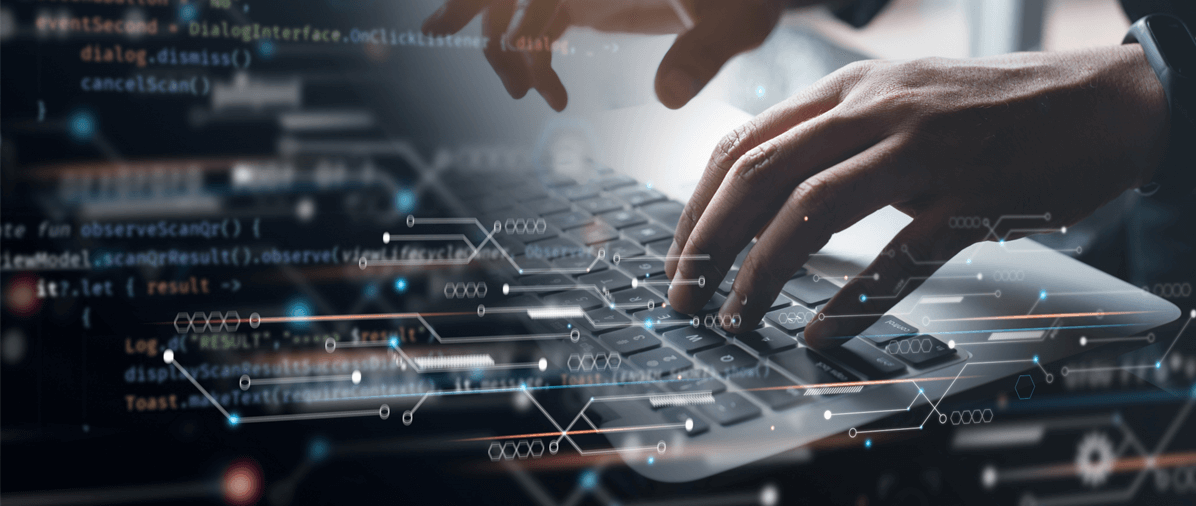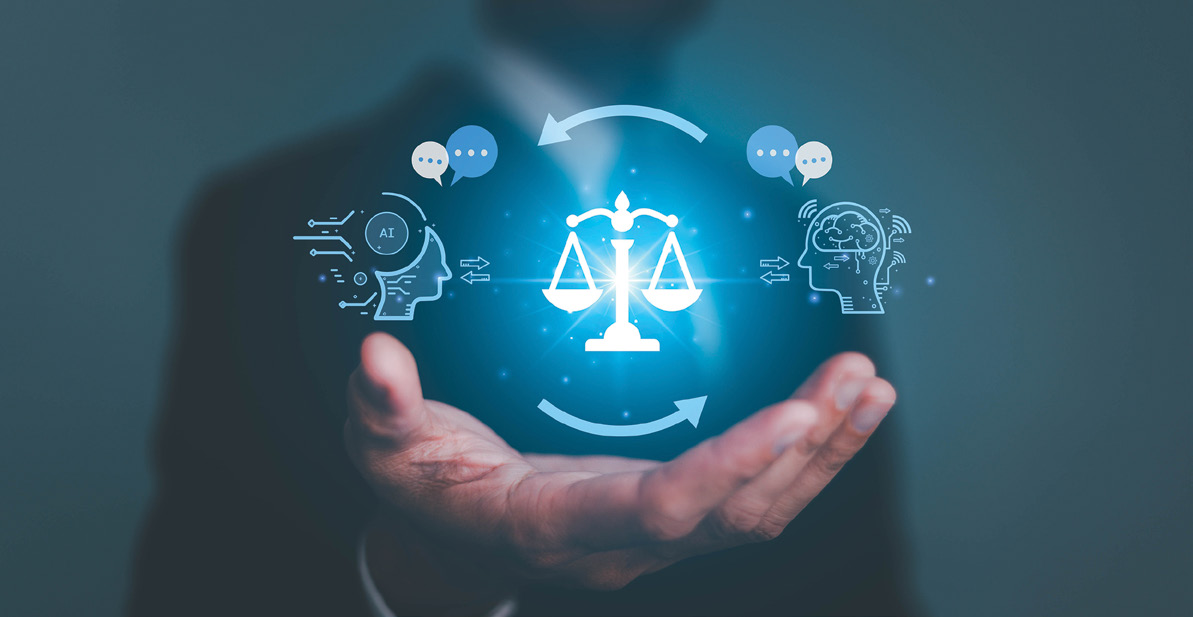Explore Law at ACAP
Have you experimented with Artificial Intelligence (AI) tools? The amount of interesting questions you can input into a chatbot, AI software or app has become a popular and fun pastime for many of us.
There are also abundant articles about the effect that this technology will have on the future of work and our everyday lives. Some of these articles forecast a revolution of artificial intelligence, some suggest not much will change, and some suggest a combination of both.

What’s changing in today’s law firms?
An interesting question that lawyers have been asking for some time now is, “How might AI systems, and other technological developments such as automated online legal services, Technology Assisted Review of documents (TAR) and Electronic Document Management Systems alter legal practice?”
In fact, the future is now as all of these developments are currently occurring in legal practice to some degree. About a third of legal firms in Australia use AI at least for triaging the initial contact with clients. So, what will this do to the job of lawyers? Will the robots take over the world?
The future of law through a crystal ball
The influential legal profession writer Richard Susskind (The End of Lawyers, Tomorrow’s Lawyers) has suggested that some components of lawyering are being gradually replaced by ‘increasingly capable machines’ and technological legal services creating a challenge to the legal profession. He sees regulation of the profession and a merging of professions, with lawyers as project managers who must be adaptable to changing technology, computing and systems analysis. Lawyers will also increasingly be using the efficiencies they gain from technology to take a larger advisory role and create the opportunity to offer additional value to their clients.
Other writers have suggested that the skills of future lawyers “will depend upon the irreducible value of human beings to the law and legal processes”. Tasks that require creativity, complex reasoning or social intelligence (such as the ability to negotiate complex social relationships effectively) will remain the province of human beings”. The more that technology is able to assist the core skill set of lawyers, the more lawyers will be increasingly expected to use their human skills to create positive outcomes for their clients.

Meet the lawyer of the future
Understanding how these skills are viewed in the wider technological change impacting the profession is key for young lawyers to future-proof their careers, even before they enter the workforce. But what are these important skills that lawyers should have? What are the likely skill sets that make an employment-ready lawyer?
There are a few challenges to the core skills of lawyers. These capabilities, skills, values and knowledge need to be client-focused, open and adaptable. Lawyers need to be effective and empathetic communicators, drafters, negotiators and advocates. Drafting legal documents and letters has become more of a checking of the technology rather than manually drafting from scratch. Judgement and interpretation also still tend to be better done by humans.
Being ethical, of good character, socially responsible, acting fairly with honesty and integrity, equitably holding the injustice of others to account. These are important qualities for the arbiters of justice, and important for equitable community outcomes. Can an AI bot be programmed to be ethical?
The ‘most human’ skills are those often referred to as interpersonal and teamwork: effective interpersonal skills including emotional and social intelligence, adaptability, reflection and being an open-minded team player.
These are the general employability skills of the present and the future for most professions and industries. Lawyers are no exception.
Many legal employers are keen for their staff to understand service and business. Not just the ability to value add (‘Would you like some succession planning with your will?’) but a broader sense of service: lawyers who uphold the administration of justice and serve clients with commitment and virtue, create value, and are adaptable, entrepreneurial and creative.
Since rolling COVID lockdowns, many legal employers are now realising that the best employee is a resilient legal professional who effectively self-manages their own well-being and promotes and encourages improved approaches to well-being in the workplace.

Navigation of the law and legal practice
These are the skillsets of now and the future. Explaining the law to clients, helping them understand their obligations and responsibilities, helping them at difficult times, guiding them through the law, being objective and assertive advocates for clients and trusted advisors to them. This is the human face of the law that commentators are telling us is more important for legal practice than ever.
While AI and other technological developments will help us process more promptly and effectively, and some areas of service delivery and expertise will be replaced, it is clear that the lawyer of now and the future is one with human skills, a convergent and divergent creative thinker with a well-developed ethical skillset who has empathy and can communicate well in a range of different scenarios. The more lawyers we have like this, the better it might be for the community and for the administration of justice.
Find out more about ACAP’s PLT and how it can offer you the practical skills to succeed in the changing legal landscape.

About THE AUTHOR: Adam May
As the Course Leader of ACAP’s Graduate Diploma of Legal Practice, Adam May is a passionate educator and lawyer who is an active participant in the positive transformation of justice, the legal profession, and the broader community through his demonstrated track record of continuing dedication to quality education.

